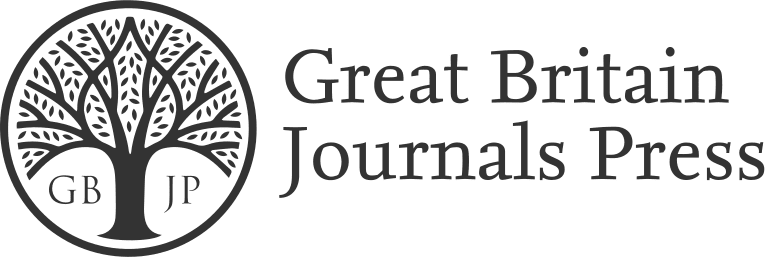Abstract
Introduction: Karate is a sport of skill and technique. It requires high fitness and is dependent on maximum levels of strength, speed, power, balance and agility. Therefore, a specific training is required to improve the performance to achieve the success in this field.
Aim: To identify various training methods for improvement in the sports performance of karate athletes in terms of physical and physiological variables.
Materials and Methods: A literature search in Google Scholar, MEDLINE, PubMed, Web of Science and Scopus was conducted with many keywords. Studies conducted on male athletes or female athletes or both after the year 2005 till present and published in English language were included in this review. Studies with abstract only and not open access were excluded. The results of the present study were reported according to the Preferred Reporting Item for Systematic Reviews and Meta-analysis (PRISMA).
Results: A total of 11 studies were included in the present study. A total of 246 karate athletes were investigated in these 11 studies. Four studies have reported effects of plyometrics on physical fitness variables. Two studies have reported the core training or strength training effects on balance and coordination. One study included the intervention of stabilization and equilibrium training effects on karate athletes with deafness. Virtual reality training and hypoxic training are the new methods of training. Others training methods reported are high intensity training and combined training.
Conclusion: Specific training programs not only improve the physical fitness but also the physiological variables also. Till now the plyometrics is the best training method for improvement of motor fitness components in karate athletes. More studies should focus on the balance component of physical fitness as it is a key component for karate players to enhance sports performance very well.
Keywords

